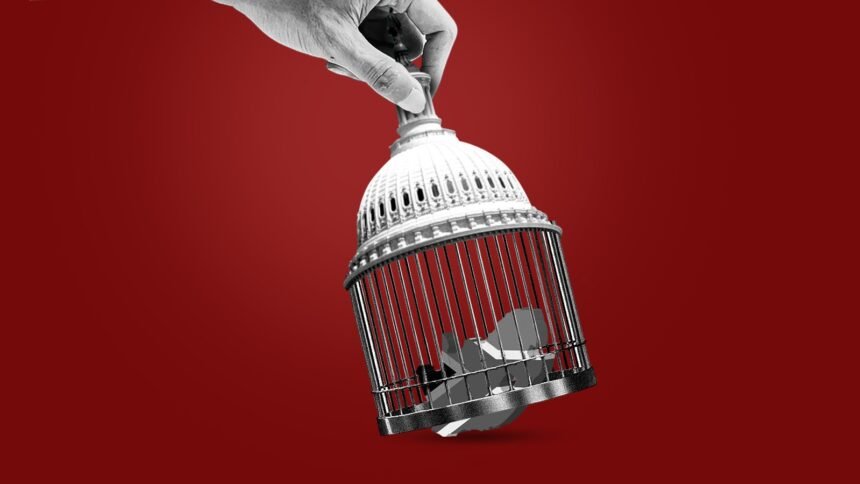Just when South Africa thought its decades-old moral capital couldn’t be questioned, it now finds itself in the crosshairs of US lawmakers—not for corruption, human rights violations, or arms deals, but for lawyering up against Israel at the International Court of Justice.
Yes, you read that right.
In a twist that would make any student of global diplomacy wince, a bipartisan group in the US Congress is pushing a bill that threatens to suspend aid and impose sanctions on South Africa. The reason? Pretoria’s move to legally accuse Israel of genocide in Gaza. The bill goes further, citing South Africa’s continued relationship with Iran and its open engagement with Hamas representatives. But the red line, as drawn by Capitol Hill, appears to be South Africa’s challenge to Israel’s war conduct through the very court the US once helped to legitimize.
For the African National Congress (ANC), still draped in its historic mantle as the party that defeated apartheid, this feels like déjà vu. “We were sanctioned, spied on, and shamed in the past for seeking justice. Now, we’re punished for doing the same—but legally, diplomatically, and in the spirit of international law,” remarked one senior official, requesting anonymity.
What’s striking isn’t the US response itself—Washington has never hidden its near-blanket diplomatic shield for Israel—but the symbolism. South Africa, once globally revered for its peaceful transition from apartheid to democracy, is now being portrayed by parts of the US establishment as a pariah for daring to speak up for Palestinians in The Hague.
The US State Department has yet to formally endorse the bill, but its momentum has caught fire in American political discourse. Critics of the bill, including legal scholars and human rights NGOs, say it sends a chilling message: that invoking international law against certain nations carries a price.
It also underscores how quickly post-colonial states, even those with democratic credentials, can fall out of favor when they step on the geopolitical tripwires of the world’s most powerful alliance systems.
South Africa isn’t standing still. Its diplomats, seasoned veterans of the anti-apartheid era, have been launching a behind-the-scenes campaign to reframe the narrative. They argue that their move was not “anti-Israel” but “pro-law.” In fact, they point out that South Africa never called for sanctions or military action—only that the ICJ assess whether the Israeli campaign in Gaza constituted genocide. It was, they insist, an appeal to law, not war.
But this legalistic defense may not sway Washington. American politics around Israel is famously unyielding, and even a whiff of criticism—let alone a court filing—can provoke fierce backlash.
What’s more, South Africa’s position is complicated by its relations with Iran, a state viewed as a security threat by Israel and the US alike. While Pretoria has maintained those ties mostly in the name of non-alignment and oil, the optics—combined with its public receptions of Hamas envoys—have allowed critics in Congress to frame the ANC government as a hostile actor rather than a neutral arbitrator.
There’s a deeper question, though: are we witnessing the end of an era where post-apartheid South Africa could claim global moral leadership without geopolitical consequences?
The ANC has often claimed that its foreign policy is guided by principle, not pressure. But this stance is now being tested as rarely before. If the US moves ahead with sanctions—however symbolic or targeted—they could hurt cooperation in trade, security, and development. Washington remains one of Pretoria’s key trading partners, and military ties, though not deep, do exist.
More importantly, it would signal that the post-Cold War dream—where rising democracies could pursue justice and still be welcomed as partners—is fading. Instead, the world appears to be sliding into hardened camps: speak up against a US ally, and risk punishment. Choose principle over power, and get isolated.
South Africa must now decide: should it double down, rally the Global South, and embrace a new, more confrontational identity? Or does it quietly temper its stance to preserve Western relationships?
For now, Pretoria is doing what it does best: invoking Mandela, the constitution, and international law. But if history teaches us anything, it’s that standing on moral high ground is rarely comfortable when the political weather turns cold.










